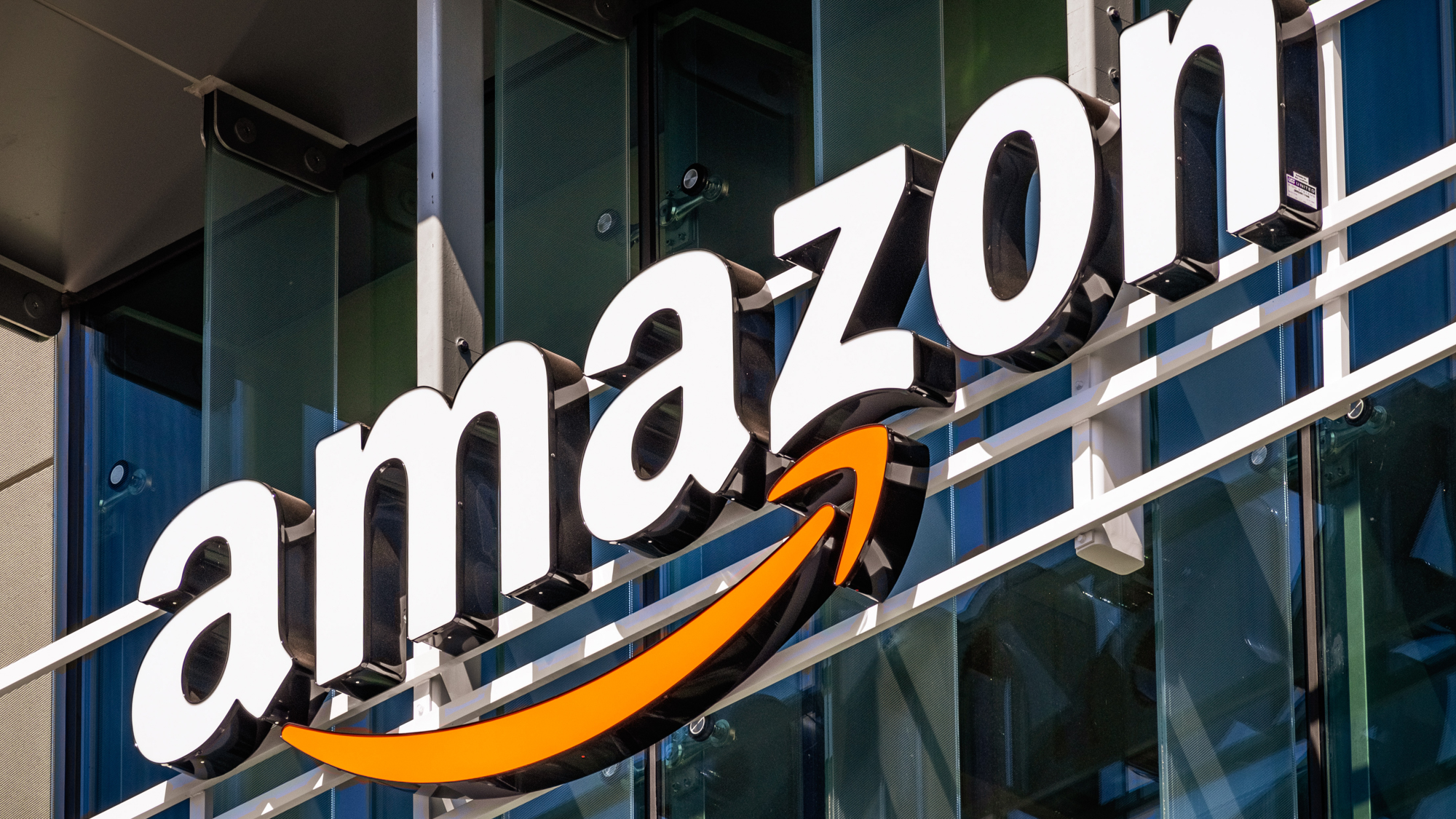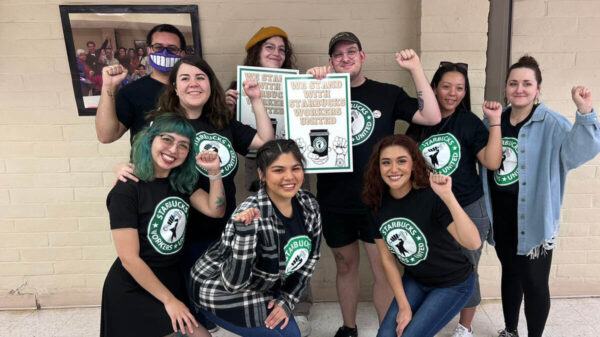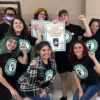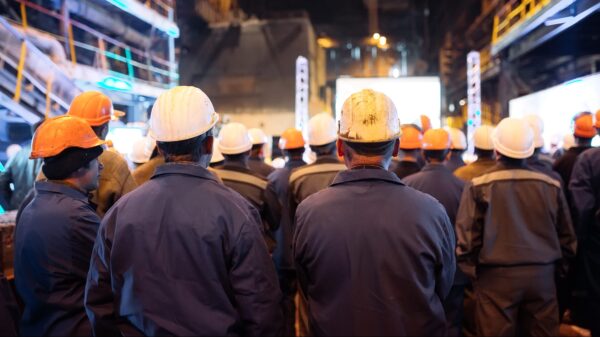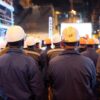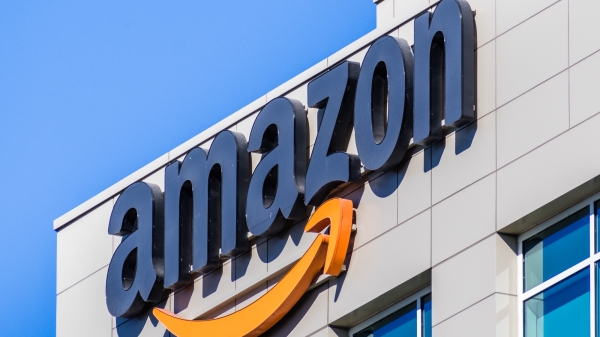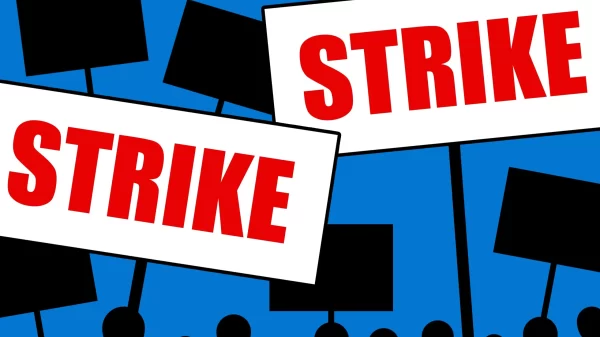The National Labor Relations Board ruled Monday that Amazon workers in Bessemer, who previously voted against forming a union amid alleged election interference from Amazon, will be allowed a second election.
The date for the second union election at the Bessemer fulfillment center, or whether the new election will be conducted in-person or via mail, has yet to be decided.
The 20-page decision passed down by NLRB Regional Director Lisa Henderson list a multitude of objections brought forward by Retail, Wholesale and Department Store Union petitioners, including that Amazon installed false ballot boxes in the area surrounding the Bessemer fulfillment center, created “the impression of surveillance” around ballot boxes, and “engaged in an extensive campaign of polling employees and/or interrogating them with respect to their support for the Union,” which directly interfered with employee’s right to free elections without coercion or interference from the company, according to the report.
In August, a separate NLRB report cited in Monday’s decision showed Amazon interfered with the union election by installing ballot collection mailboxes outside the Bessemer fulfillment center in view of security cameras. 2,000 Amazon workers did not vote in the union election, and the misconduct from Amazon possibly “influenced some of these 2,000 eligible voters,” the report said.
The placement of the false mailboxes was of the “utmost importance” to Amazon senior leadership, according to an email between Brain Palmer, a senior manager with Amazon’s public policy team, and Linda Mercer, the USPS strategic account manager on Jan. 26, that the report cited as evidence in its examination.
The unofficial total for the union election in February was 1,798 against, and 738 for unionization.
“Today’s decision confirms what we were saying all along – that Amazon’s intimidation and interference prevented workers from having a fair say in whether they wanted a union in their workplace – and as the Regional Director has indicated, that is both unacceptable and illegal,” said Stuart Appelbaum, president of the Retail, Wholesale and Department Store Union in a statement Monday. “Amazon workers deserve to have a voice at work, which can only come from a union.”
Amazon spokesperson Kelly Nantel said in a statement Monday employees in the fulfillment center in Bessemer “overwhelmingly chose not to join the RWDSU earlier this year,” and called the NLRB’s decision “disappointing.”
“The benefits of direct relationships between managers and employees can’t be overstated—these relationships allow every employee’s voice to be heard, not just the voices of a select few,” Nantel said. “While we’ve made great progress in important areas like pay and safety, we know there are plenty of things that we can keep doing better, both in our fulfillment centers and in our corporate offices, and that’s our focus—to work directly with our employees to keep getting better every day.”
The unionization effort in Bessemer, which if successful would produce Amazon’s first union in the United States, received national coverage and support from various national advocates and figures, including President Joe Biden.
An AFL-CIO poll conducted in April after the election concluded showed 77 percent of respondents supported the Bessemer unionization efforts.





































